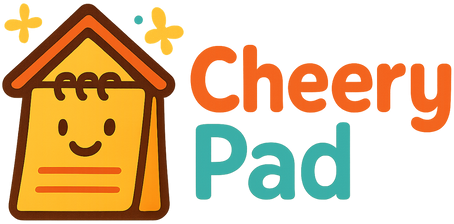The future of education is personalized learning pathways
The education system has been in a constant state of evolution, adapting to the changing needs and demands of society. In recent years, one of the most significant shifts in education has been the focus on personalized learning pathways. This approach to education recognizes that every student learns in a unique way and encourages tailoring the learning experience to meet their individual needs. With advances in technology and a growing emphasis on individualized learning, there is no doubt that the future of education is personalized learning pathways.
The Rise of Personalized Learning
The idea of personalized learning is not a new concept. In fact, it has been around for decades, with early advocates like John Dewey promoting the importance of individualized learning in the early 20th century. However, it is only in recent years, with the rapid advancement of technology and the availability of data, that personalized learning has become more accessible and practical.
What Is Personalized Learning?
Personalized learning is an approach to education that tailors the learning experience to each student’s needs, interests, and abilities. Unlike traditional learning methods, where students follow a standardized curriculum, personalized learning encourages students to take an active role in their education and focuses on their unique learning styles.
One of the key elements of personalized learning is the use of technology. With the assistance of data analytics and artificial intelligence, educators can create customized learning paths for students based on their strengths, weaknesses, and learning goals. This not only allows for a more personalized learning experience but also helps students to progress at their own pace.
The Benefits of Personalized Learning
With personalized learning, students are no longer passive recipients of information. Instead, they become active participants in their education. By tailoring the learning experience to their individual needs, students are more engaged, motivated, and interested in the subject matter.
Furthermore, personalized learning allows students to work at their own pace. This is particularly beneficial for students with different learning abilities. Students who find a particular subject challenging can spend more time on it, while students who grasp a concept quickly can move on to the next level without feeling held back.
Another advantage of personalized learning is its ability to foster critical thinking, problem-solving, and creativity. By encouraging students to take a more active role in their education, personalized learning promotes independent thinking and allows for a more diverse range of ideas and perspectives to be explored.
The Impact of Personalized Learning on the Future of Education
As technology continues to advance, personalized learning is becoming increasingly prominent in the education sector. In fact, a recent study by the Bill and Melinda Gates Foundation found that 75% of teachers believe that personalized learning will have a positive impact on the future of education.
One of the main reasons for this is the potential to close the achievement gap. With personalized learning, educators can identify and address any learning gaps or challenges that students may have. This not only helps struggling students to catch up but also allows high-performing students to excel further.
Moreover, personalized learning prepares students for the future workforce, where critical thinking and adaptability are essential skills. By promoting independent thinking and problem-solving, personalized learning equips students with the skills they need to thrive in an ever-changing world.
The Challenges of Implementing Personalized Learning
Despite its many benefits, personalized learning also poses some challenges. One of the main concerns is the digital divide, where not all students have access to the technology needed for personalized learning. To truly realize the potential of personalized learning, schools and educators must address this issue and ensure that all students have equal access to the necessary tools and resources.
Another challenge is the training and support needed for educators to effectively implement personalized learning. While technology plays a crucial role, it is not a substitute for skilled teachers. Educators must be trained on how to use technology to personalize learning and must be provided with ongoing support to ensure its successful implementation.
Conclusion
The future of education is undoubtedly personalized learning pathways. From tailoring the learning experience to each student’s individual needs to fostering critical thinking and problem-solving skills, personalized learning has the potential to transform the education system significantly. However, to truly realize its full potential, educators, policymakers, and schools must address the challenges and support the implementation of personalized learning in the years to come.










